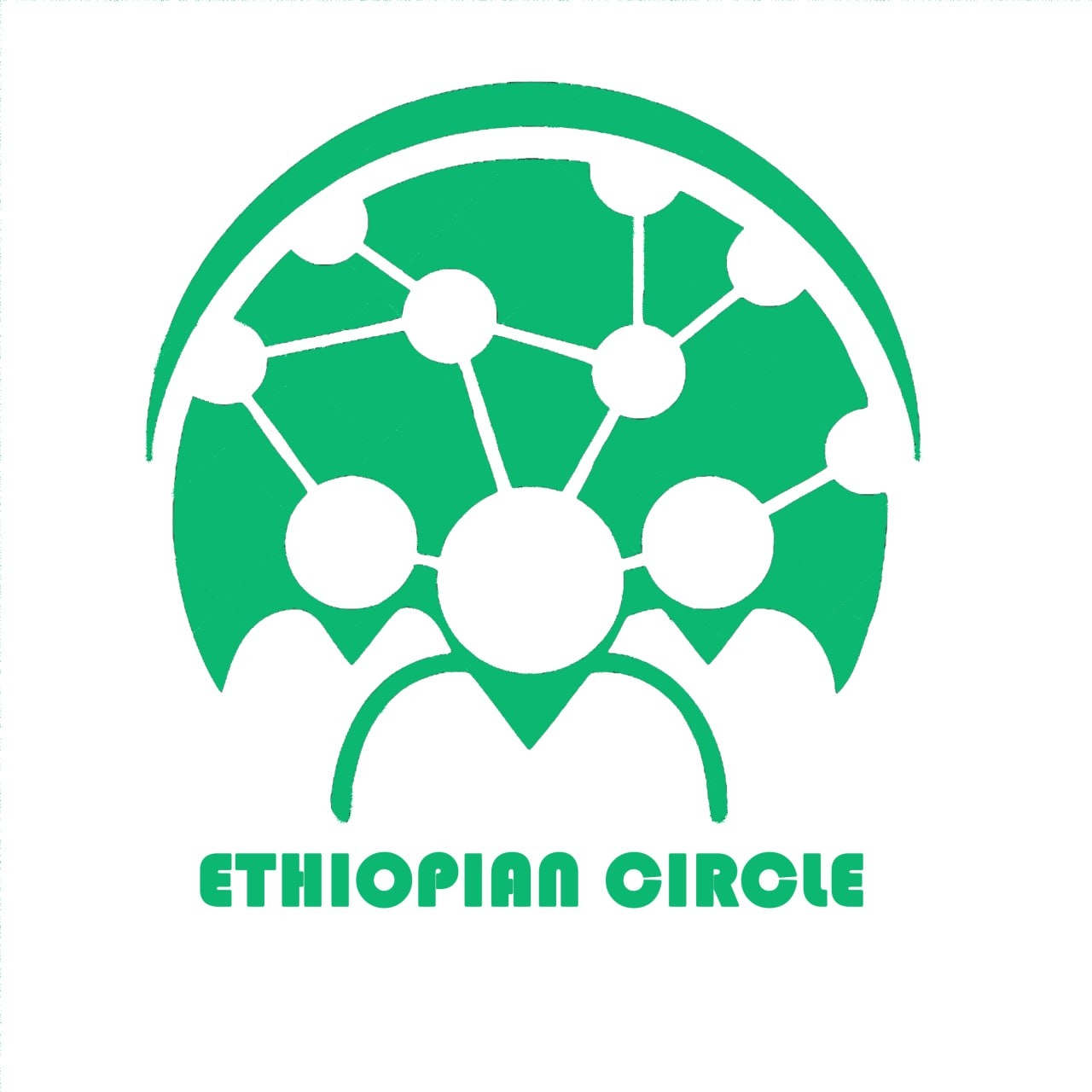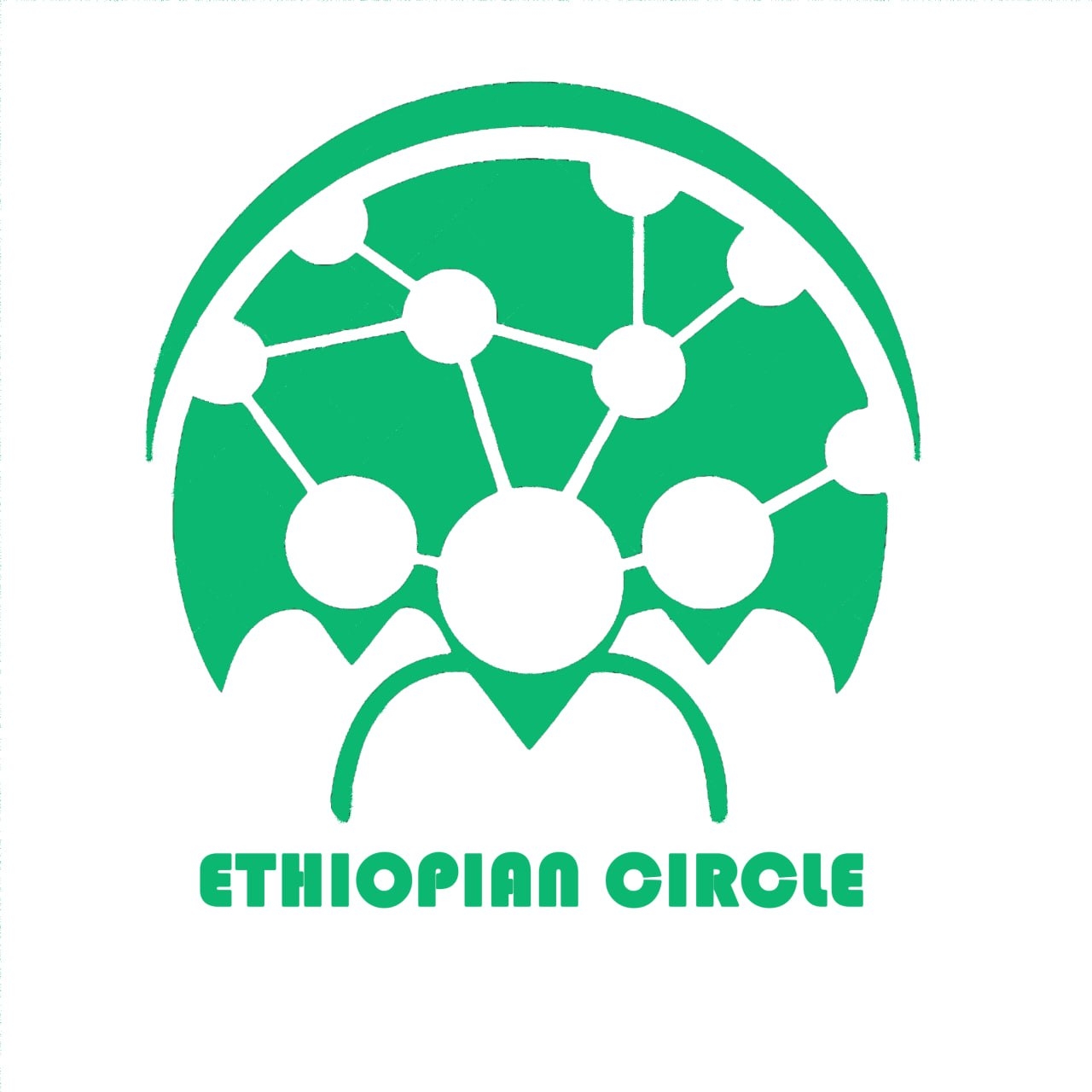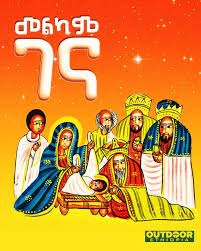Ethiopian Christmas, known as Genna or Lidet, is a vibrant and significant celebration that holds a special place in the hearts of Ethiopians. Unlike the widely celebrated Western Christmas on December 25th, Ethiopians observe Genna on January 7th, following the Julian calendar. This unique date is just one aspect that sets Ethiopian Christmas apart, as the festivities are deeply rooted in the country's rich history, religious traditions, and cultural heritage.
Religious Significance
Genna commemorates the birth of Jesus Christ and is an essential religious festival for Ethiopia's predominantly Christian population. The Ethiopian Orthodox Tewahedo Church, one of the oldest Christian churches in the world, plays a central role in the celebration. The festive atmosphere is heightened by special prayers, hymns, and liturgical services held in churches across the country.
Unique Timing and Traditions
The date of Genna is calculated based on the Ethiopian calendar, which follows the ancient Coptic calendar. The 13-day difference from the Gregorian calendar results in a distinctive celebration that sets Ethiopian Christmas apart from other Christmas festivities around the world.
Leading up to Genna, Ethiopians engage in a period of fasting known as Advent or Tsome Nebiyat. This fasting lasts for 43 days, during which participants abstain from meat and dairy products. The fast is broken on Christmas Day with a special meal that typically includes traditional dishes.
Festive Preparations and Decorations
As Genna approaches, Ethiopians engage in festive preparations, decorating their homes with intricately woven palm leaves, flowers, and colorful paper. The communities come together to clean and decorate their local churches, creating a joyous and welcoming atmosphere.
Traditional Attire
During the Christmas celebrations, Ethiopians don traditional clothing, adding a splash of color and vibrancy to the festivities. Women often wear the habesha kemis, a traditional white dress adorned with colorful embroidery, while men don a white robe called a Netela. These garments symbolize purity and are worn with pride during this special occasion.
Genna Rituals and Customs
On the eve of Genna, families gather for a special meal, breaking the fast with a feast that includes dishes such as Doro Wat (spicy chicken stew) and injera (a sourdough flatbread). Following the meal, the family attends a midnight church service, where the congregation commemorates the birth of Jesus through prayers, hymns, and readings.
A unique and widely anticipated tradition during Genna is the game of Genna. Young and old alike participate in friendly matches that resemble a form of hockey. This sport has historical significance, as legend has it that shepherds played a similar game to celebrate the good news of Jesus' birth.
Community Bonding
Ethiopian Christmas is not only a time for religious observance but also an occasion for fostering community spirit and strengthening familial bonds. Families visit each other, share meals, exchange gifts, and engage in traditional dances and music.
Conclusion
Ethiopian Christmas, or Genna, stands as a testament to the country's deep-rooted faith, cultural richness, and sense of community. The unique timing, religious significance, and colorful traditions make it a one-of-a-kind celebration that showcases the diversity and resilience of Ethiopia's people. As the country continues to evolve, Genna remains a cherished and vibrant festival, preserving its cultural heritage for generations to come.


